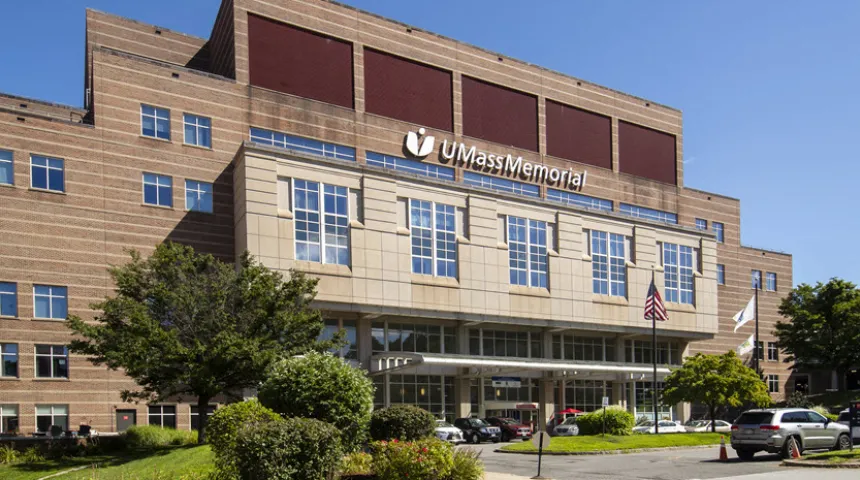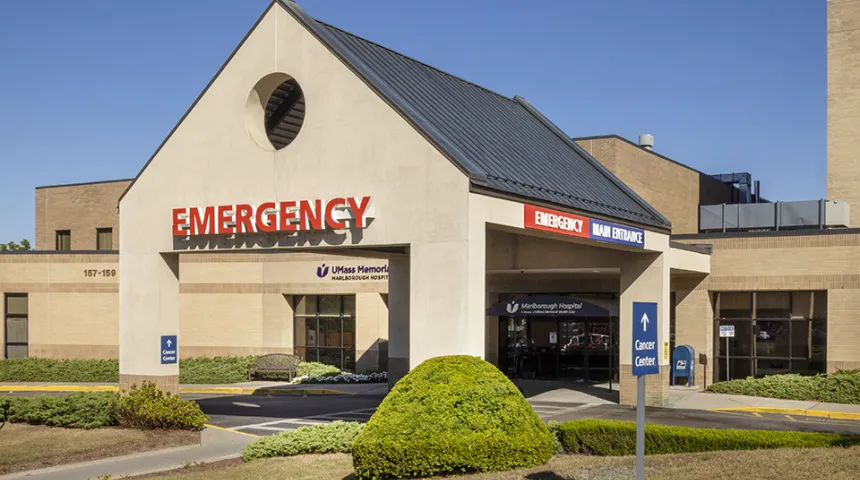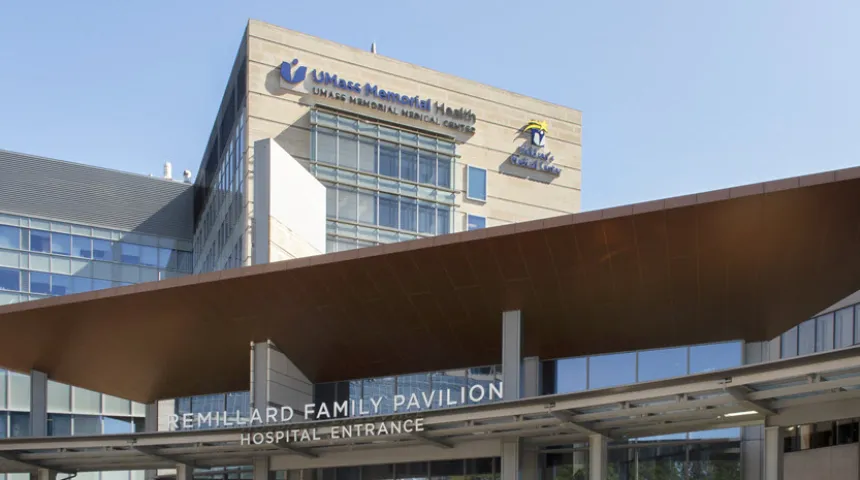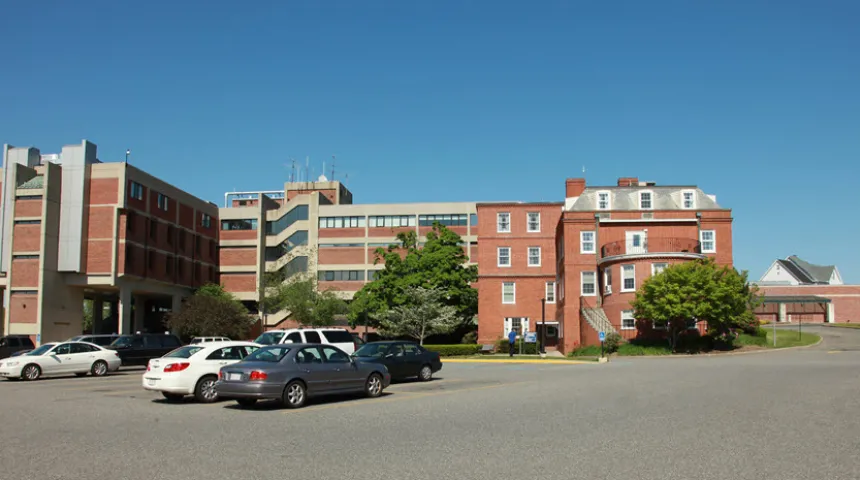Nuclear Medicine Imaging and Therapy
We provide a range of nuclear medicine services for diagnosis and treatment. You get precise, targeted care from a team of experts.
Why Choose Us for Nuclear Medicine Imaging and Theranostics Care?
Expertise and Experience
Our specialists perform thousands of nuclear medicine studies each year. This depth of experience enables us to successfully manage the small details of your scan that lead to precise images. You receive efficient scans and accurate interpretations that help you get the best possible care.
Research and Innovation
In partnership with UMass Chan Medical School, we have a long-standing history of contributing to the field through research. Our research efforts include developing new imaging materials, fine-tuning nuclear scanning equipment and establishing best practices. We are also working to enhance imaging techniques so we can lower the radiation dose in the tracers.
Comprehensive Care
In our theranostics program, you benefit from care by a multidisciplinary team that includes specialists from medical oncology, nuclear medicine and radiation oncology. This collaboration optimizes your treatment plan. Our nurse navigator works with you by explaining the entire process and helping you navigate all the cycles of treatment.
Specialized Care in Worcester
Our innovative theranostics program is available at UMass Memorial Medical Center in Worcester. Talk to your care team to decide if this treatment approach is right for you. Other diagnostic services are available throughout UMass Memorial.
Our Radiology Locations

UMass Memorial Medical Center - Memorial Campus
119 Belmont Street,
Worcester, MA 01605

UMass Memorial Medical Center - Hahnemann Campus
281 Lincoln Street,
Worcester, MA 01605

UMass Memorial Medical Center - Marlborough Campus
157 Union Street,
Marlborough, MA 01752

UMass Memorial Medical Center - University Campus
55 Lake Avenue North,
Worcester, MA 01655

Harrington Hospital - Webster Campus
340 Thompson Road,
Webster, MA 01570

Harrington Hospital - Southbridge Campus
100 South Street,
Southbridge, MA 01550
Contact Us
Call 855-UMASS-MD (855-862-7763) or request an appointment with a nuclear medicine specialist.
